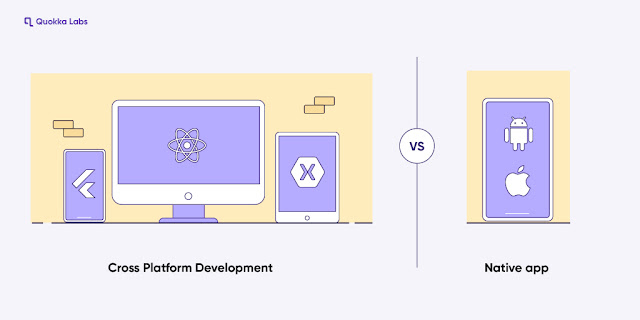Will Fuchsia OS Will Replace Your Favorite Android?
Fuchsia is associated with Google's operating systems, such as Chrome OS and Android, based on the Linux Kernel. Fuchsia is based on a new kernel named Zircon. It became better known to the general public once the project appeared on a self-hosted puke repository in August 2016 with no official announcement. When years of development, Fuchsia was formally free on the first-generation Google nest hub exchange its original solid OS.
As per our view, Google Fuchsia will NOT replace Android OS. There have been high chances that Google Fuchsia will replace the Linux Kernel in Android.
"The new system will not be a direct replacement for Android. At Fuchsia, we develop and test our latest achievements in the field of OS so that we can implement our most successful inventions and developments with this software product"
Hiroshi Lockheimer ( Senior VP of Android and crome) said.
Fuchsia is not about replacing OS.
Chrome OS is based on Linux. Android also uses the Linux kernel. Google maintains separate development branches for the Linux kernel. For modifications because of the required kernel-level various features. They contribute back to the central repository with newly implemented features. Several important features that Google wants must be added to the Linux kernel architecture.
Google is building Fuchsia as an operating system that will eventually replace Android and serve as a single unified operating system across all devices. While Google has not spoken about the operating system or its aims to do with it, the search giant has kept the OS under wraps. At I/O 2019, Google finally detailed Fuchsia and its ambition with a radically new operating system.
Fuchsia has a different kernel built from the ground up by Google. It gives Google more control over the operating system and the ability to design it as interoperable software that works reliably on different device form factors, whether mobile, desktop, laptop, game console or wearable. We've heard rumors that Samsung might have other ideas. They want to break the hegemony of Android, which, according to Statcounter, enjoys a 70.74 percent market share compared to the 28.53 percent share of Apple's iOS. The Korean giant needs to think of promoting the homegrown Tizen OS.
There is a talk in the industry that Samsung may switch to Google's Fuchsia OS. Though this transition may take years, Samsung has contributed to Fuchsia's development, giving these rumors a kind of acceptability. Below it is mentioned why Google built a new OS?
Google builds a new operating system due to these reasons :
- Per expectations, the Android operating system needs a better design than Google's. Various new os was created and tested.
- Google needs to get rid of Java. The new licensing model from Oracle made the Java community unhappy. Google has its programming language, Dart.
- Silent kernel-level upgrades won't be a big deal. If Google has a new operating system, it will have more control over devices.
- Linux kernel follows a monolithic design pattern. In other words, the entire operating system core runs inside one process that has stacked modules. If one module crashes, the whole kernel will crash.
- The UI, as seen on an initial version found running on Google Pixelbook, is written using Flutter, and its apps are based on Dart, which improves performance and graphical elements.
- The Fuchsia OS in its current form can be run on an Android Studio emulator. It can be the primary OS on IoT devices and extend to smartphones.
- Google's plans to expand the operating system to more intelligent devices and other form factors became apparent when it posted jobs a few months back.
- Companies still need to create a Fuchsia Devices team and are gearing up to bring the operating system to non-Google devices. Samsung's phones may run on Fuchsia OS in the future, also. Huawei was considering adopting the platform.
- If Google introduces Fuchsia slowly in the smart-home market and then gradually makes the transition to our larger devices, then it could work.
- Fuchsia is still in its very early stages, and it's doubtful it will be pre-installed on any new hardware for at least the following years.
The Bottom Line
Fuchsia is a free-to-use (open-source) OS like Linux from the tech giant Google. Therefore, many people will try out Fuchsia. On the other hand, devices like Chromebooks and Pixels may become more popular than Apple devices because Google devices will come as their operating system. With Quokka Labs, you can ensure your product gets the attention and treatment it deserves. Web apps, mobile applications development, or websites, we promise you will be satisfied. Don't hesitate to visit our website and check out our previous work! We would love to contribute to the growth of your business!




Comments
Post a Comment